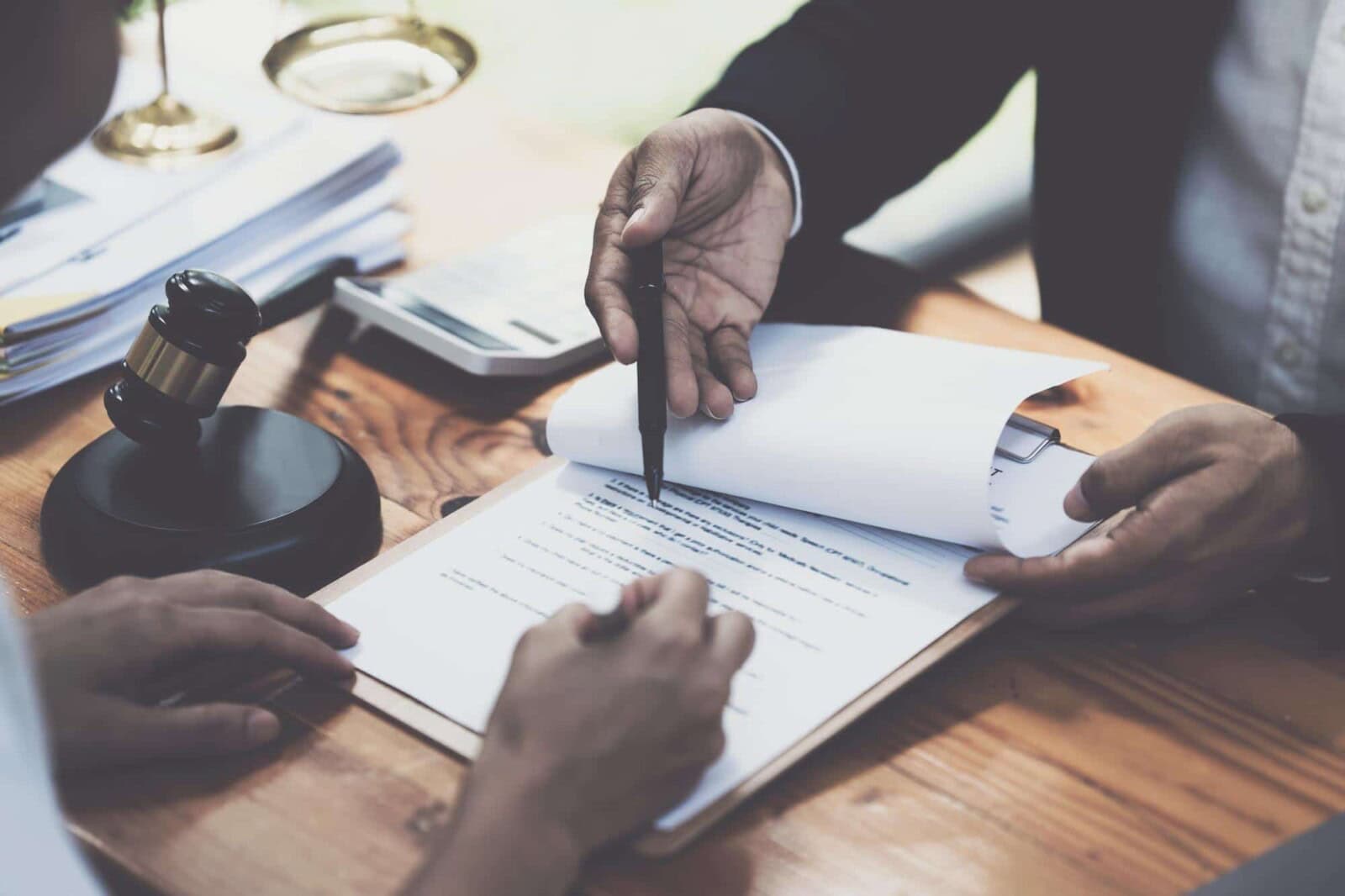Is Florida a no-fault state when it comes to auto insurance, and if so, what does that mean exactly? These are questions that we hear quite frequently here at Weinstein Legal, particularly from individuals who are looking to file a personal injury claim following a car accident. Can you still file a personal injury suit against another driver if Florida is a no-fault insurance state? Does this affect the value of your possible claim?
After a car crash injury, there are likely many questions running through your mind and these are just a few of them. Florida is one of 12 no-fault insurance states. To get the compensation that you deserve, you need an aggressive and knowledgeable attorney fighting on your behalf, advocating to insurance companies, and handling communication with the other driver's lawyer. If you find yourself in this situation, contact Weinstein Legal right away and ask to speak with a personal injury lawyer and partner at the firm Justin Weinstein.

Mr. Weinstein is a Florida car accident lawyer with years of experience representing personal injury victims. He will provide you with an entirely free case evaluation, with no obligation, to review the facts surrounding your personal injury claim and provide you with an estimate of what your case may be worth. However, to maximize your possible compensation, you must act quickly. Do not go another day without contacting an attorney. Call Weinstein Legal today at (945) 845-0505.
What Does It Mean to Be a No-Fault Insurance State?
Florida is a no-fault insurance state regarding auto policies. What this means is that every driver must carry a minimum of $10,000 in Personal Injury Protection (PIP) coverage on their insurance policy. Should a driver get into an accident, their PIP coverage will cover their medical bills and related expenses regardless of who is at fault in the accident.
The purpose of this law was to help expedite payments to drivers after accidents. It dissolves the step where insurance companies have to battle it out to determine which driver is responsible for the accident and who must pay for the resulting damage. Instead, since no one must be deemed to be at fault, their insurance policies pay their claims without debate.
Additionally, the law aims to help keep minor cases out of the state's court system. When court systems become overloaded with minor cases it can delay rulings and bog down the rest of the trials waiting to take place. In theory, the no-fault insurance law is a good thing that makes sense. However, there are a few downsides to this legal clause.
Downsides to the No-Fault Insurance Policy in Florida
While being a no-fault insurance state can be beneficial in the event of minor fender benders, the reality is that when a serious injury occurs as the result of an accident it can be quite detrimental to the victim. It is often the case that PIP insurance coverage is not great enough to cover all of a person's incurred expenses. Furthermore, according to Florida state law, PIP coverage only has to pay for 80% of your medical bills and 60% of lost wages; and this is after you meet your chosen deductible which can be quite steep.
Costs for property damage, medical bills, lost wages, and more, can quickly amount to much more than the legally required $10,000 minimum policy coverage. When this happens, who has to pay for the difference? The answer is that the victim frequently has to file a personal injury lawsuit against the other driver. In the state of Florida, you may sue the other driver if you suffer the loss of an important bodily function, permanent injury, permanent scarring or disfigurement, or death as the result of an accident. The other driver, either through their insurance or an attorney may settle out of court for an agreed-upon amount, or, you may end up in a lengthy court battle and subsequent trial.
For this reason, it is essential that you hire a personal injury attorney such as Justin Weinstein at Weinstein Legal who is familiar with car accidents, the no-fault insurance system, and the local Florida courts.
Who Pays for Pain and Suffering in a No-Fault State?
Not only are there tangible damages that PIP coverage can pay for, but it's also important to consider pain and suffering, or mental anguish, that can result from a serious car accident injury. Unfortunately, most PIP policy clauses only cover economic damages, such as medical bills or a portion of missed paychecks. They do not cover pain and suffering or mental anguish.
However, you may still be entitled to receive compensation for these damages. If your personal injury case meets the criteria under Florida law, you may be able to file a lawsuit against the other driving seeking a settlement that covers this amount. Usually, the more serious and permanent your injury, the more money you are likely to receive.
Speak with a personal injury attorney such as Justin Weinstein at Weinstein Legal today for an estimate of how much your case may be worth and whether it could benefit you to file a lawsuit against another driver.
Get Your Free Case Evaluation Today
Is Florida a no-fault state when it comes to auto insurance? The answer is yes, however, you may still be able to file a personal injury claim against the other driver. Contact the Weinstein Legal Team today to schedule a free case evaluation with no obligation.


